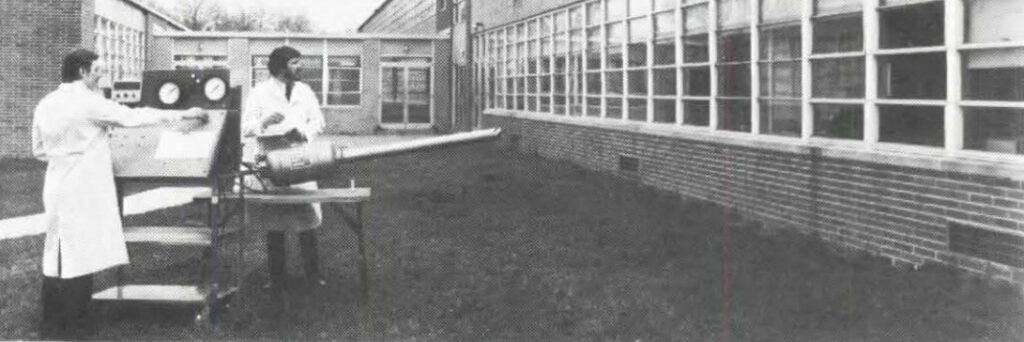January 3, 2025: Early Lessons – “Neither Barc Nor Bacharolle”
January 2nd brought a terrible track, so let’s quickly forget about that. It’s published on YouTube, as per the definition of the task – look it up on your own risk.
Today’s selection has more going for it, but this little chamber piece has some issues as well. If there’s anything to take away from the Ted Mountainé 2025 Challenge at this early stage, it’s that these sketches need more clarity. When there’s no deadline involved, we can chip away at details for weeks on end to carve out the essence of a track.
And, indeed, that’s often the way it’s done around here:
- Throw everything into the pot in a confusing hodgepodge of crossing wires and heavily stacked loose ends – nothing’s too complicated, nothing’s too silly, and, most importantly, nothing’s too much.
- Go treasure hunting for golden nuggets in these overloaded tracks.
A track a day requires a different strategy. The original idea needs to be solid and clear. The Jan 2 track was a mess because there was no scope, no recognizable form, arrangement, melody… or much of anything else for that matter.
The Jan 3 track has more form (the sonata), a framework (an expanded string quartet), and some recognizable stylistic elements. But it’s still too messy and complicated, with individual lines getting in the way of each other. And there’s harmonic exploration that was fun to play around with at the time, but it doesn’t have the support needed to make sense within the musical context – especially during the middle part.
So an important reminder for the future is to build a better foundation to support the load of the choices we make. Keep it simple from the start – no ornaments or spiral staircases until the load-bearing walls and floors are in place.
But it’s the weekend, so, to stay with the architectural vernacular, we’ll probably stick to building blocks for a few days, with focus on synth patches, sampling and rhythm beds. Results will be posted. Ted Mountainé out!

 Pop darling Shaoncé has revealed details about her new album scheduled for release in early 2012. After the tremendous success of her previous album, Shock, people are curious to see if she can live up to the hype — but judging by yesterday’s press conference in Paris there is no need for concern. Sporting an outfit that would make Lady Gaga proud, the young singer won the world press over with her sharp wit and acute observations. Her warm, conversational style created a unique and friendly atmosphere, and even old codgers like myself had to let down our professional guard a bit to enjoy the exhilarating intelligence and humanity of the encounter.
Pop darling Shaoncé has revealed details about her new album scheduled for release in early 2012. After the tremendous success of her previous album, Shock, people are curious to see if she can live up to the hype — but judging by yesterday’s press conference in Paris there is no need for concern. Sporting an outfit that would make Lady Gaga proud, the young singer won the world press over with her sharp wit and acute observations. Her warm, conversational style created a unique and friendly atmosphere, and even old codgers like myself had to let down our professional guard a bit to enjoy the exhilarating intelligence and humanity of the encounter.